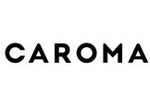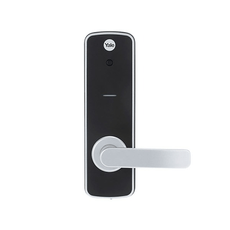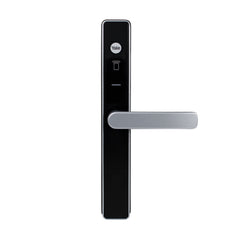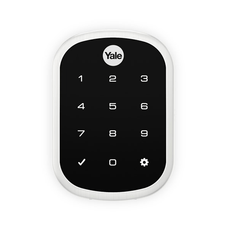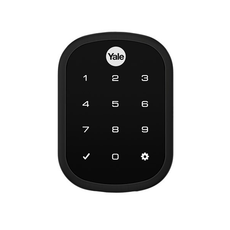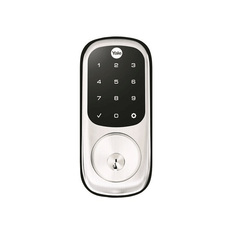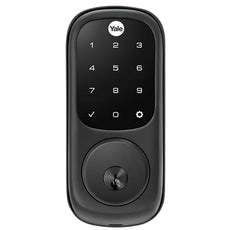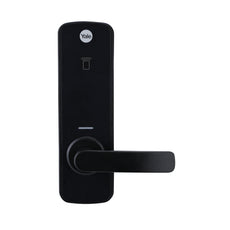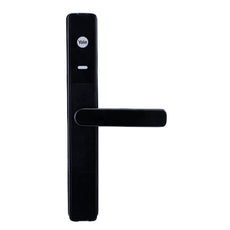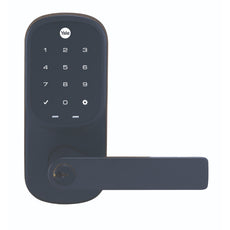For the best smart home security, view our range of smart home products designed to keep you feeling safe when you are home and when you are out. Smart home security works in a number of ways and is entirely customisable to suit your needs. To keep things central and easy to navigate, our smart home products all work across a central hub and smartphone application, meaning you can view and control all devices remotely. See every angle of your house with various smart home security cameras, either secured in place or portable to suit your lifestyle. For the best home security system, we would recommend opting for products that work day and night, such as floodlights and smart security cameras that have night vision properties. We love motion sensors positioned throughout the home to trigger lights and to keep you feeling safe should an intruder enter. Smart home security products are the perfect addition to any lifestyle and keep the whole family happy. Better yet, opt for the Video Doorbell or Remote Garage Opener to make deliveries and surprise visitors a breeze - whether you're home or not! Smart home security is not only a safe way to live but a more convenient and accessible way.









